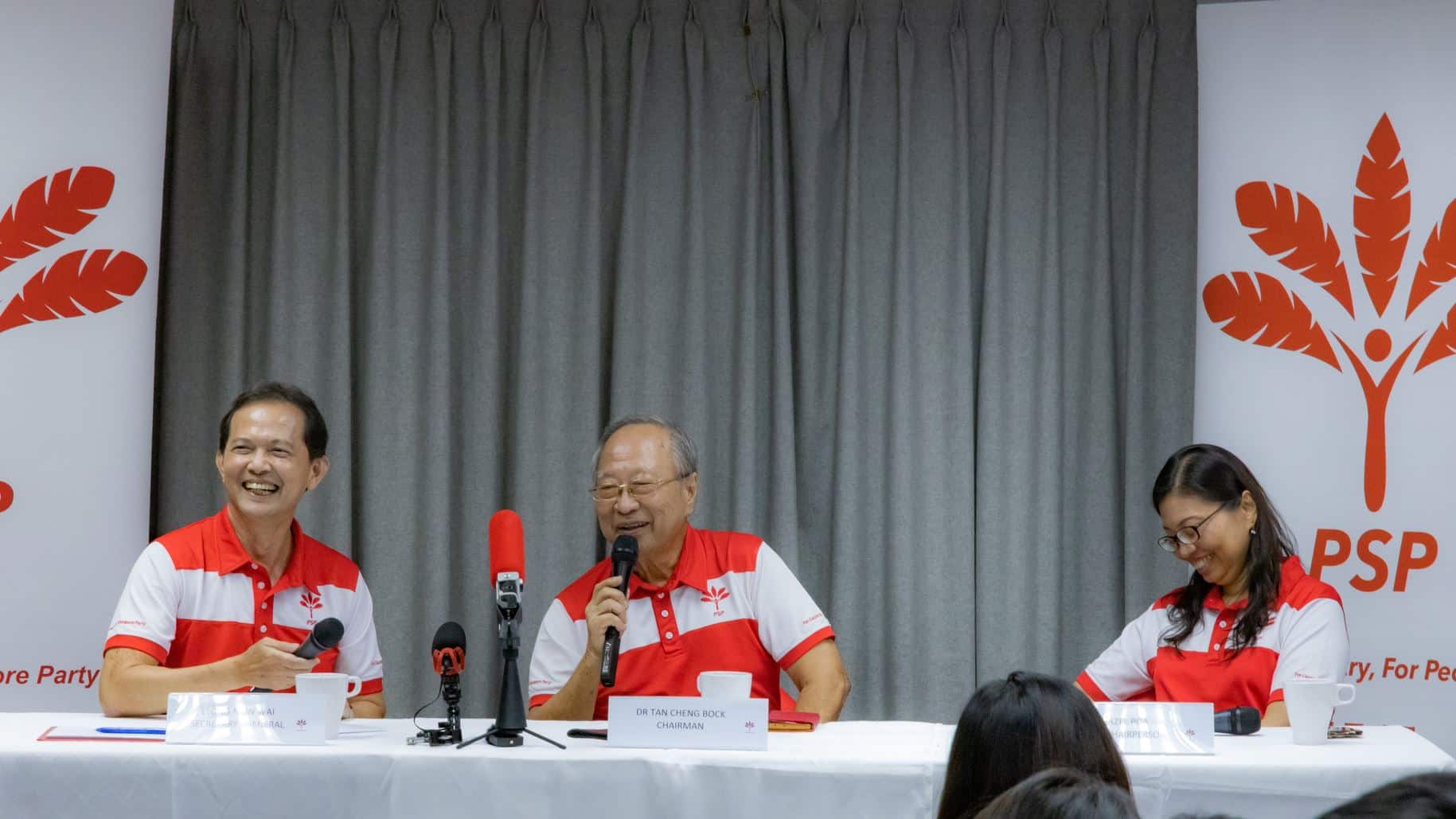The Singapore Ministry of Manpower (MOM)’s “Report on Wage Practices, 2022“, released on Monday, indicates that nominal wage growth in 2022 reached a decade-high amidst heightened manpower demand, a strong economic recovery, and a higher proportion of profitable firms.
Full-time resident employees with the same employer for at least one year. However, due to higher inflation rates, real wage growth grew at a slower pace than in 2021. Real wages grew by 0.4% last year, down from 1.6% in 2021.
“While firms were working to restore wages for employees who experienced wage cuts during the pandemic years, higher wage increments were also necessary to retain staff amidst competition for workers,” the report explains.
The proportion of profitable establishments in Singapore rose to 83.9% in 2022. Correspondingly, more establishments (72.2%) raised their employees’ wages compared to 2021 (60.0%). This trend is higher than the pre-pandemic level recorded in 2019 (69.2%).
Wage growth was experienced across all industries in 2022, with Accommodation and Retail Trade, Financial Services, Information & Communications, and Professional Services seeing above-average increases.

Looking ahead, the MOM is advising firms to take a cautious approach to wage increments in 2023 due to potential global economic slowdown and uncertain business conditions.
Based on a recent poll on wage expectations conducted in the first quarter of 2023, more firms expressed an intention to raise wages of their employees in March 2023 compared to December 2022. However, high inflation is forecasted to persist, which may dampen total nominal and real wage growth.
In the face of these challenges, the MOM encourages firms to implement the Flexible Wage System (FWS), which offers resilience and flexibility in wage structures.
To facilitate this, the MOM has a guidebook available on its website and advises firms to approach tripartite partners and the Tripartite Alliance for Fair & Progressive Employment Practices for further advice.
“As we navigate the uncertainties of the global economic climate, the transformation of businesses and the workforce, as well as the adaptation to changes are crucial. Government programmes are available to assist firms and workers in these endeavours,” said MOM.








